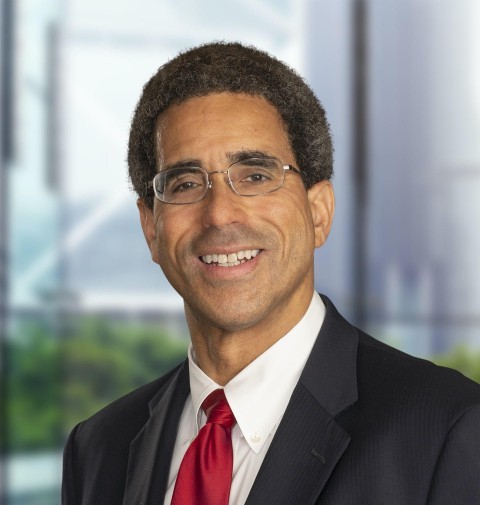New York Attorney General Will Likely Lose His Bet on Fantasy Sports

New York Attorney General Eric Schneiderman has decreed that daily fantasy sports-betting sites such as Fan Duel and DraftKings are gambling operations that can’t legally accept money in his state. He’s betting the courts will agree with him. I’m betting they won’t.
The heart of the issue is whether daily fantasy football contests constitute gambling. New York law defines gambling as occurring when the customer “risks something of value upon the outcome of a contest of chance or a future contingent event not under his control or influence.”
The AG’s Internet chief explained in her Nov. 10 cease-and-desist letter to the CEO of DraftKings that the company’s customers are “clearly” — an intensifier my civil-procedure professor warned us often ironically signals a weak argument — “placing bets on events outside of their control or influence, specifically on the real-game performance of professional athletes.
Further, each DraftKings wager represents a wager on a ‘contest of chance’ where winning or losing depends on numerous elements of chance to a ‘material degree.’“
But fantasy football isn’t like placing a bet on a roulette wheel or buying a lottery ticket or even betting on one established team against another in a scheduled game. The “fantasy” element is in the customer carefully selecting players at key positions to comprise a fantasy, that is hypothetical, team subject to a salary cap that then goes on to compete against other “fantasy” teams selected with similar deliberation.
Those who win are those who use their knowledge of the game and its players to make the most educated projection about the ultimate outcome of fantasy match-ups.
Customers do not control the real-game performance of the players they have selected. And there are indeed a host of variables that determine whether their fantasy team wins on any given day. But customers do control the players they select.
That defines to a large measure the scope of the risk in their funded fantasy.
The AG concedes that the legality of “traditional” fantasy sports played over the course of a season, including those fantasy sports leagues and Internet sites in which money is put in play, “has never been seriously questioned in New York.”
The AG’s letter says, however, that traditional fantasy sports leagues typically unfold over a long period of time, get most of their revenue from administrative fees and advertising, and are mostly driven by the participants’ quest for “bragging rights” instead of money.
Leaving aside the naivety of the last of these propositions, no tone of those differences gives participants any greater control over the performance of their athletes or over the outcome of their fantasy games than the daily variety.
Real team officials, who use their real resources constrained by real salary caps to pick the real players to compete in the real games, don’t truly control the performance of their athletes in any given game, the outcome of which depends on any number of variables (start with weather and, yes, luck) beyond anyone’s control.
No one knows who will win on any given Sunday (or Monday or Thursday). That’s why they play the game. That’s why skill in selecting the players matters.
Informed selection that may yield a return on investment is a skill, even where control over those participating in the enterprise is mostly a fantasy, even where how well the enterprise does is necessarily uncertain, and even where the lion’s share of the reward goes to relatively few participants.
If what I’ve just described amounts to gambling, anyone with any meaningful interest in the daily events covered on this website should shudder.
With Nevada casino operators strongly opposed to daily fantasy sports operations, Nevada gaming officials have insisted that such operations be shut down in the state unless they obtain gaming licenses. But Nevada has an understandable, though not necessarily justifiable, interest in disrupting this competing form of entertainment that New York lacks.
None of this is to say daily fantasy sports should be wholly unregulated. The Wall Street Journal recently reported that Fan Duel Chief Executive Nigel Eccles now supports regulations requiring regular third-party audits and rules separating player funds from operating funds. Mr. Eccles wishes the industry had taken the initiative toward regulation sooner.
Mr. Schneiderman rejected a constructive dialogue with the industry that would have limited the social ills he traces to the growth of daily fantasy sports.
He has placed a high-stakes bet instead on red – shutting these enterprises down altogether in the nation’s commercial center. I bet he loses. But whether he wins or loses, he made the wrong bet for the public good.
What a shame it would be if the dozen or so other states examining this industry followed New York’s lead in choosing prohibition over regulation.
Commentary by Dan Eaton, a partner with the San Diego law firm of Seltzer Caplan McMahon Vitek, where his practice focuses on defending and advising employers. He also is a professor at the San Diego State University College of Business Administration where he teaches classes in business ethics and employment law. Follow him on Twitter @DanEatonlaw.
